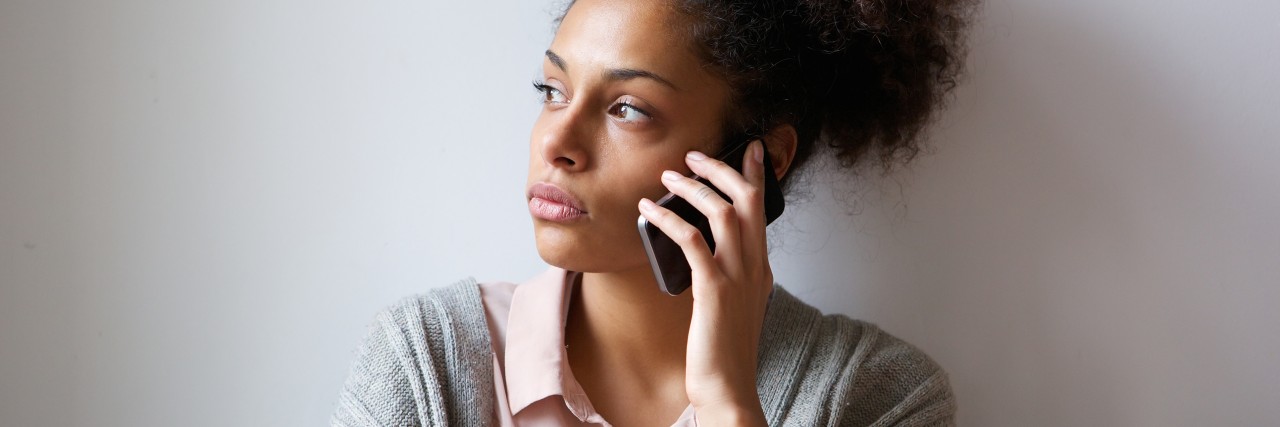It is hard to be diagnosed with mental disorders when people around you do not regard mental health as a critical issue. In my experience, there are commonly two types of people you meet when you discuss your mental illness.
• What is Bipolar disorder?
First are the doubters. Everything for them is always black and white: either you’re just making it up or you’re utterly dangerous. When they find out you’re depressed, they’ll simply think you’re being dramatic. When you tell them you have a personality disorder, they’ll immediately dismiss it as coming up with an excuse for your naturally bad behavior. When they see you have fits of aggression due to an episode, they’ll say you’re a threat and single you out.
Unfortunately for me, even some of my friends and family think this way. I was diagnosed with bipolar II disorder, with traits of borderline personality disorder. In other words, I was experiencing utter emotional instability. I have noticed the signs from years back but only mustered up the courage to seek professional help roughly two months ago. At present, I am regularly taking medications and undergoing psychotherapy.
To say the least, I am not ashamed of talking about it. Not really. But it does feel wrong that, when I learned about the diagnosis and told people I thought should know and who would understand, I have received more doubt than support. The past month felt more like a struggle with people who had the wrong idea about mental disorders, than it was a struggle with my illness.
I kept getting comments such as “it’s all in your head,” “mood swings are normal,” “everyone goes through the same thing,” “you’re just creating your own drama.” God knows how many times I had to restrain myself from just completely bursting out — and self-control is obviously not my strongest suit. Sometimes it feels as if there’s an entirely different entity pushing the buttons and controlling what I feel and don’t feel, what I think and how I react.
“Normal” people don’t frequently think of killing themselves even when they live a relatively comfortable life and have beautiful people with them. They don’t get sad and cry in a crowd full of strangers for no reason at all. They don’t physically hurt themselves in hopes of minimizing the emotional pain. They don’t feel the kind of emptiness people with mental illness constantly have to deal with. This isn’t being overdramatic. This is being sick..
The second type of people are sadly the harder ones to find. These are those who just sincerely sympathize or empathize with people like me, either because they are facing the same dilemmas or they just understand – or try to, at the very least.
I have a personal support group comprised of two close friends, both struggling with their own mental disorders. Usually, when one of us begins to feel uneasy or depressed, the others listen and are just there. We don’t exactly have the answers to each other’s problems, but we do our best to listen. Listening, having someone, knowing you’re not alone even when you feel really empty – it makes a lot of difference.
I sincerely wish everyone would try to be as understanding, and even though that might still be a far-fetched dream, raising awareness, and in my own way, writing about it, should be a helpful first step.
To everyone who knows someone going through something similar: just listen and be there for them. Try to be a little more patient even if you don’t understand where they’re coming from. This is a battle against a disorder, not against your friends. Help them win it.
If you or someone you know needs help, visit our suicide prevention resources page.
If you need support right now, call the Suicide Prevention Lifeline at 1-800-273-8255.
Thinkstock photo by m-imagephotography

